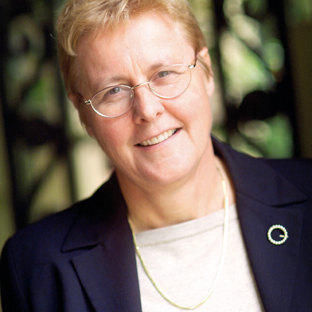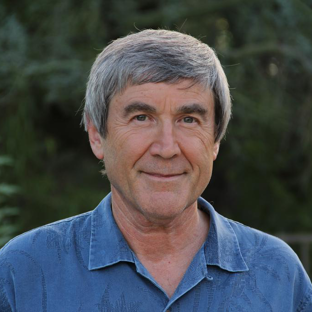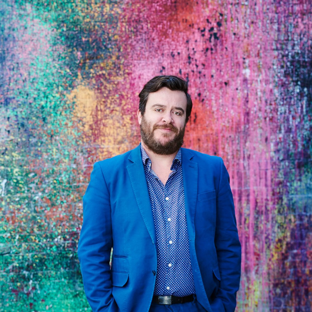Some of science’s most fascinating, essential questions revolve around the origins of the universe and how – and why – life began. Join Lawrence Krauss, Paul Davies and Rachel Webster for an extensive discussion of these ideas, as they unpack the most credible theories and dissect their implications.
Lawrence Krauss on the origins of the universe
Our fascination with the universe encompasses everything from its scope to its composition. The most fundamental questions concern its origins. Scientific advances now provide fascinating insight into how the universe was formed, and the age-old assumption that something cannot arise from nothing has been turned on its head. How did the universe come into being and what are the elements that set it on the trajectory that brought it to its current state? And what are the implications of our new knowledge for our predictions of the future evolution of our universe, and its possible uniqueness?
Paul Davies on the origins of life
How did life begin, and what sort of process can turn a complex mixture of chemicals into a genuinely living organism? The origin of life remains one of the great mysteries of science. We may never have a full account of life's murky beginnings, but a lot hinges on the answer. If life emerges readily in Earth-like conditions, then it may have started many times on Earth – but if life is a bizarre statistical fluke, we may be alone in the universe after all.
What next?
What does the future of our search to understand the origins of life and the universe hold? What does an understanding of origins mean for cosmology more broadly, and what are the most important questions that we still need to answer?
Paul Davies, Lawrence Krauss and Rachel Webster explore the ideas from Krauss’ and Davies’ talks – and their ramifications for science and for humanity – with host Michael Williams.
For Thought™ series presented by the University of Melbourne and the Wheeler Centre under licence from Sydney Opera House.
Featuring

Rachel Webster
Rachel Webster is Professor of Astrophysics in the School of Physics at Melbourne University.
Rachel Webster has established an internationally-renowned astrophysics research group and became the second female professor of physics in Australia. She was included on the Victorian Honour Roll of Women this year.
Lawrence Krauss
Professor Lawrence M Krauss is an internationally known theoretical physicist with wide research interests, including the interface between elementary particle physics and cosmology, where his studies include the early universe, the nature of dark matter, general relativity and neutrino astrophysics.
Having investigated questions ranging from the nature of exploding stars to issues of the origin of all mass in the universe, Krauss is the author of over 300 scientific publications and the winner of many awards for his contributions to science, including the Julius Edgar Lilienfield Prize of the American Physical Society for 'outstanding contributions to the understanding of the early universe, and extraordinary achievement in communicating the essence of physical science to the general public.' Previous recipients of this award include Stephen Hawking and Kip Thorne.

Paul Davies
Professor Paul Davies AM is a theoretical physicist, cosmologist and astrobiologist. He is Regents’ Professor of Physics and Director of the Beyond Center for Fundamental Concepts in Science at Arizona State University, where he also runs a cancer research project and co-directs a cosmology programme. His research ranges from the origin of the universe to the origin of life and the nature of time.
Davies has written several hundred research papers and articles, and about 30 books, many for the general public, the latest being The Eerie Silence: are we alone in the universe? He was recently described by Nature magazine as 'The Disruptor' on account of his provocative scientific thinking. He is a recipient of the Templeton Prize, the Faraday Prize of The Royal Society, the Kelvin Medal of the UK Institute of Physics and the Robinson Cosmology Prize. The asteroid 1992 OG was renamed (6870) Pauldavies in recognition of his work on cosmic impacts.

Michael Williams
Michael Williams is the editor of The Monthly. He was previously the Artistic Director of Sydney Writers’ Festival. He has spent the past decade at the Wheeler Centre for Books, Writing and Ideas in Melbourne as ...
